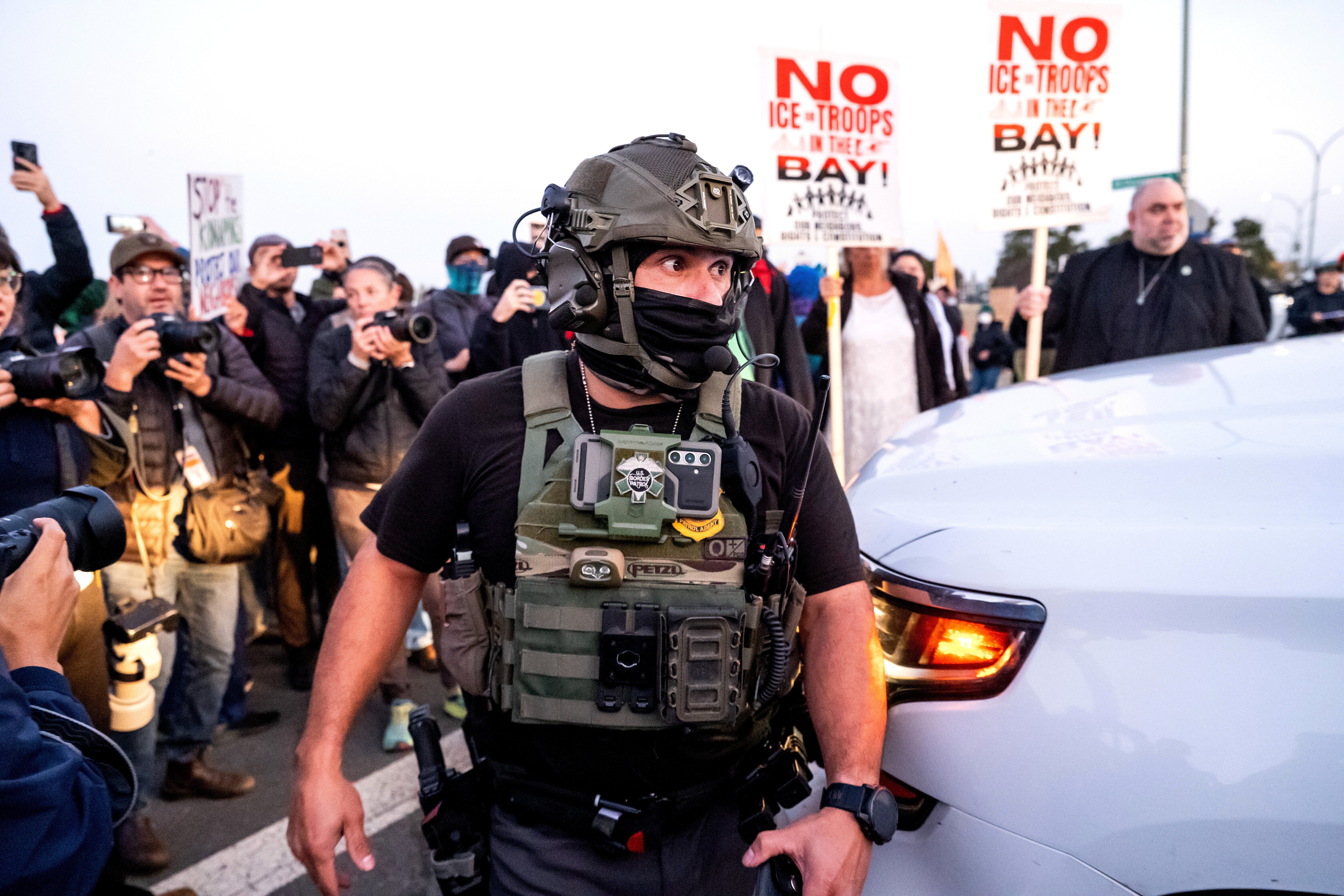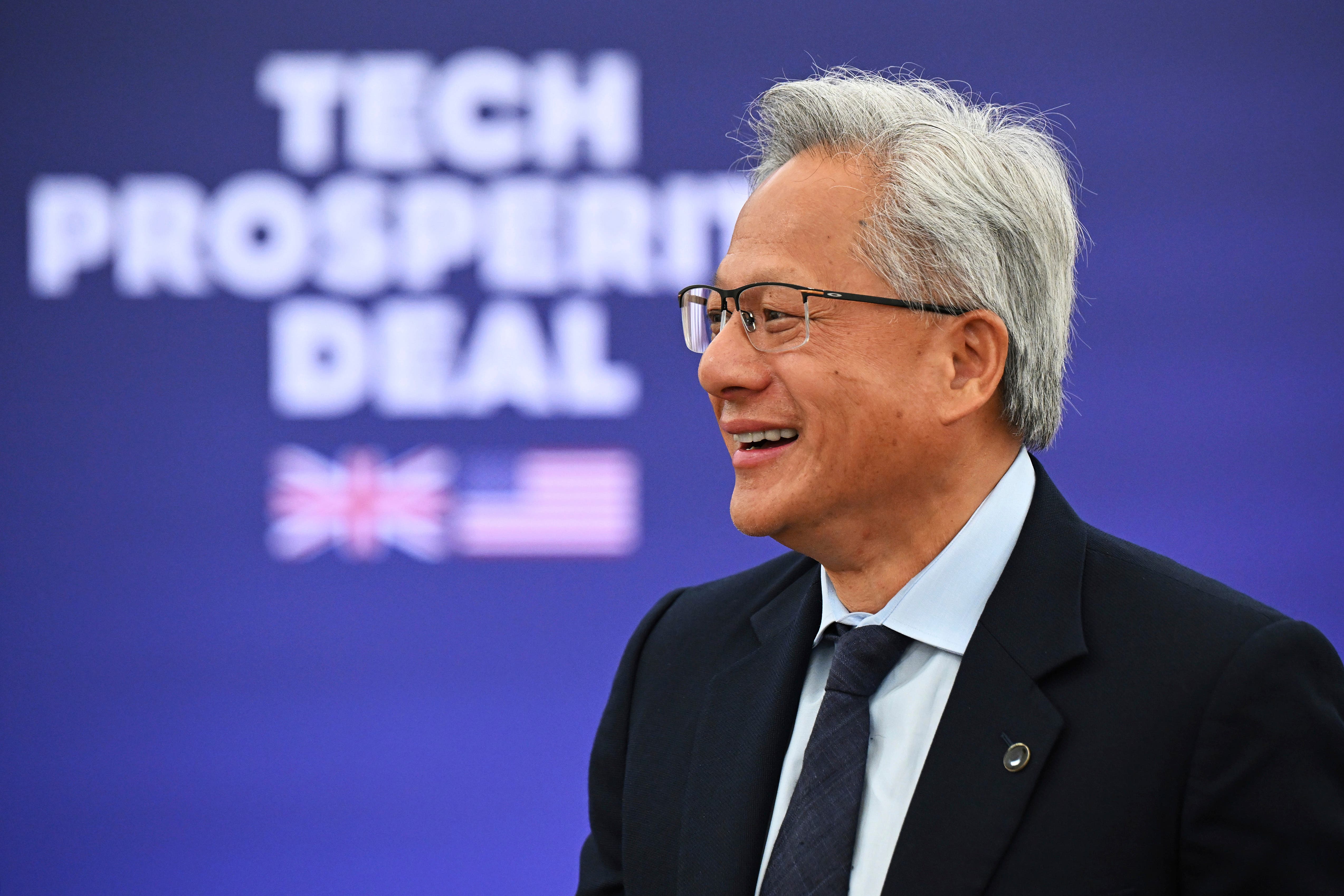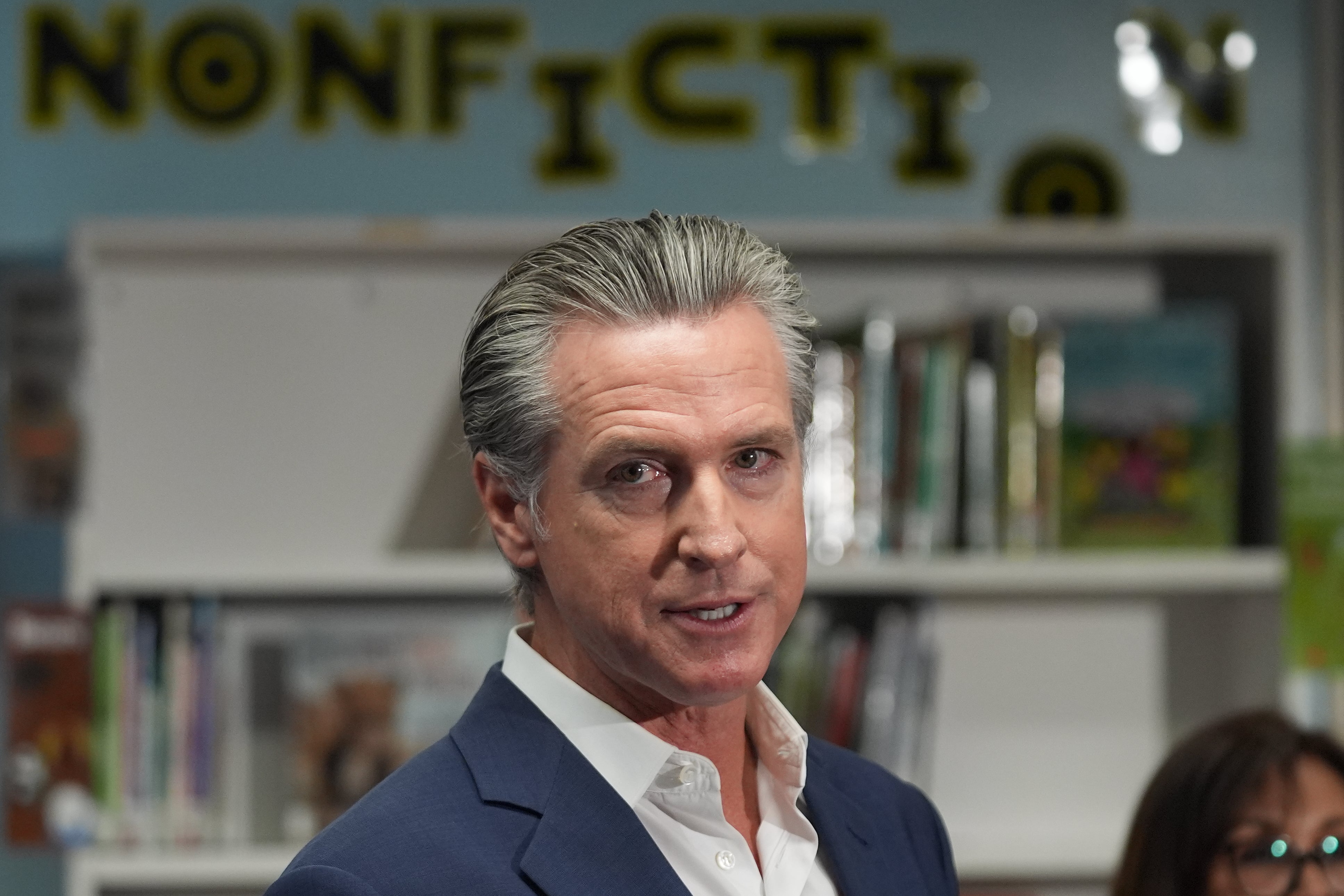The Trump administration is temporarily holding off on launching a long-threatened federal crackdown on San Francisco, the president wrote on Truth Social on Thursday, even as immigration agents massed at a Coast Guard base just outside the city in anticipation of the planned surge.
“The Federal Government was preparing to ‘surge’ San Francisco, California, on Saturday, but friends of mine who live in the area called last night to ask me not to go forward with the surge in that the Mayor, Daniel Lurie, was making substantial progress,” Trump wrote.
“I spoke to Mayor Lurie last night and he asked, very nicely, that I give him a chance to see if he can turn it around,” the president added.
Trump also said tech executives like Nvidia’s Jensen Huang and Salesforce’s Marc Benioff “called saying that the future of San Francisco is great,” comments that convinced him to suspend the operation, at least temporarily.
Lurie, in a statement on X, said he spoke with the president and Homeland Security Secretary Kristi Noem, who he said assured him the administration was “calling off any plans for a federal deployment in San Francisco.”
“I told him the same thing I told our residents: San Francisco is on the rise,” Lurie wrote. “Visitors are coming back, buildings are getting leased and purchased, and workers are coming back to the office...We appreciate that the president understands that we are the global hub for technology, and when San Francisco is strong, our country is strong.”
The mayor added that city leaders would “welcome continued partnerships with the FBI, DEA, ATF, and U.S. Attorney to get drugs and drug dealers off our streets, but having the military and militarized immigration enforcement in our city will hinder our recovery.”
Salesforce declined to comment when asked about Trump’s claim Benioff was involved in discussions with the president that led to pausing the operation.
The Independent has contacted Nvidia for comment.
Reports of the looming crackdown prompted immediate protests in the region. On Thursday morning, law enforcement officers used a flash bang-style grenade on a crowd of activists attempting to block federal personnel from entering the Coast Guard base.

The change of plans is notable because the White House has largely ignored opposition in the past from local leaders in other Democrat-run cities like Chicago, Los Angeles, Portland, and Washington, D.C., who have largely objected to the administration using or attempting to send in scores of federal agents and National Guard troops for similar operations.
California leaders, reacting to the earlier news of the potential San Francisco surge, feared the Trump administration would use the operation to provoke unrest as a pretext to then send the National Guard into the city or invoke the Insurrection Act.
In a video statement on Wednesday, California Governor and former San Francisco Mayor Gavin Newsom accused the president of using tactics “right out of the dictator’s handbook.”
“This is no different than the arsonist putting out the fire,” Newsom said. “We need to call that out and we cannot play his game.”

Today’s reversal is all the more striking because Trump administration officials have spent weeks suggesting a federal operation targeting crime and immigration violations in San Francisco was imminent.
“San Francisco was truly one of the great cities of the world, and then 15 years ago, it went wrong. It went woke,” the president told Fox News on Sunday. “But we’re going to go to San Francisco, and we’re going to make it great.”
If the leaders of Nvidia and Salesforce did indeed persuade Trump not to launch the San Francisco operation, it would be the latest reminder of the Silicon Valley world’s close ties with this administration. A number of top tech leaders endorsed Trump or donated millions to his inauguration this election, and top Silicon Valley companies have since been key players in the middle of much of the Trump administration’s economic and political agenda.
The administration has largely stopped Nvidia from selling its most advanced chips in China amid the ongoing trade war, while the company reportedly has been cleared to send millions of advanced AI chips to the United Arab Emirates as part of a larger deal that will see the nation beef up investment in the U.S. in return. Nvidia is also among the U.S. companies backing the U.S.-U.K. “Tech Prosperity Deal” Trump and Prime Minister Sir Keir Starmer announced last month.

Salesforce’s Benioff, meanwhile, a billionaire executive previously known for backing progressive causes, said earlier this month he “fully supports” National Guard troops being sent to San Francisco to stop crime.
Benioff, whose company has reportedly pitched Immigration and Customs Enforcement on using its AI capabilities, later apologized for the comments.
While the San Francisco operation may be off, the Trump administration remains deeply at odds with California officials on immigration.
The White House ignored local objections and federalized hundreds of California National Guard members over the summer to respond to anti-immigration raid protests in Los Angeles, prompting the state to sue.

A federal court in August found that the Trump administration’s actions had violated the Posse Comitatus Act, which largely bars military involvement in domestic law enforcement, though the ruling is on hold pending a federal appeal.
In the meantime, the Trump administration has tried to send hundreds of these now-federalized California Guardsmen to Portland, Oregon, for a similar crackdown, though that has also been paused in court.
Federal agents conducting immigration sweeps in California have been accused of unlawful tactics.
A federal court determined that immigration officials in Southern California were indiscriminately profiling and arresting people based on race and language, though the Supreme Court last month overturned an injunction in the case.
In a different California district covering Sacramento and Kern County, a federal court barred immigration agents from racially profiling suspects based on their appearance and language, following what critics said were indiscriminate raids in farming communities at the beginning of the year.
In July, a U.S. attorney who warned a top Border Patrol officer leading the raids about the injunction in the face of continued operations in the region was abruptly dismissed.







